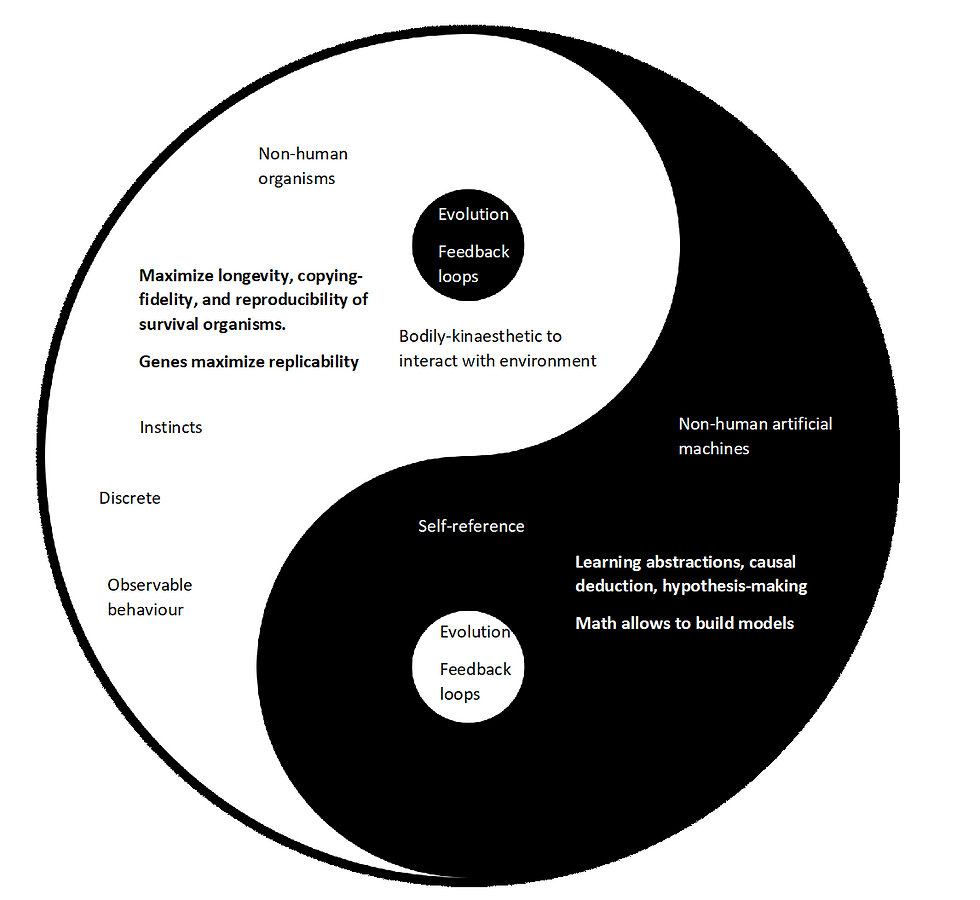Certainty is a cover up for uncertainty part 2.0
- Xuelong An Wang

- Apr 25, 2020
- 2 min read
Continuing from part 1.0, we can extract the ideas from it and apply them on the field of sciences.
Science can be defined as the systematic study of ourselves and our environment. Systematic in the sense that we follow strict procedures in order to be able to gather relevant evidence to prove or refute an hypothesis concerning nature.
However, after part 1.0, I hope I’ve convinced you that uncertainty underlies in math, and similarly, it’s probably a principle underlying the fabrics of reality; one could say (elegantly) that science, to some extent, is the “art of reducing uncertainty”.
This is because, even though we follow the scientific method to study everything from the tiniest subatomic particles to the biggest galaxies, we’ve got to take into account that the axioms and instruments we use for measurements are de facto uncertain, and this is without ignoring that due to particles being infinitely big or small, interactions between them might be a story to be explored that’ll never meet its ending. For example, in our biology textbooks we may have learned about the dynamics of several molecular pathways, such as for instance the biogenesis of miRNA or gene translation; however, can we be sure that we’ve understood thoroughly all the proteins participating in the pathway, exactly which genes are the ones transcribed and translated, so on and so forth? Something similar happens when we study biological neural networks in the brain, which in simple terms, is an organ for which we don’t fully understand how it works because it’s permeated by complexities, uncertainties we can’t easily sort out.
Of course, this doesn’t mean that we should feel “demoralized” by these infinitesimal complexities lurking in the fabrics of reality, as well as in the techniques and instruments used to measure that reality; quiet the contrary, we should embrace these uncertainties and, through the power of science (the art of reducing them), try to minimize them as possible for the benefit of discovering the unknown, unraveling the mysteries behind nature and innovate for the benefit of everyone. So, in short, in the field of medicine for example, even if drugs intended to target specific enzymes or receptors don’t work as intended because perhaps we may have misunderstood certain pathway or molecule-molecule interaction resulting in unintended toxicities, we shouldn’t be discouraged as that uncertainty in understanding is a principle of nature we can combat with the power of science.
In a more common scenario, whenever we are reading a textbook or book explaining certain subject, we should bear in mind that there doesn’t exist the perfect description or definition for any concept in this uncertain world, and be prepared to always learn more by asking:
Why is this concept stated like this?
Is this idea thoroughly explained?
Among others.
In the end, embracing uncertainty allow us to be humble and always be curious for more understanding. Always explore, and inquiry further through the uncertainty and beyond so that we can admit that what we currently know may only be what looks like the whole story, when in reality is just a chapter…across all the fields of science.

Science: the art of clearing uncertainty through uncertainty.
Further reading I recommend:



Comments